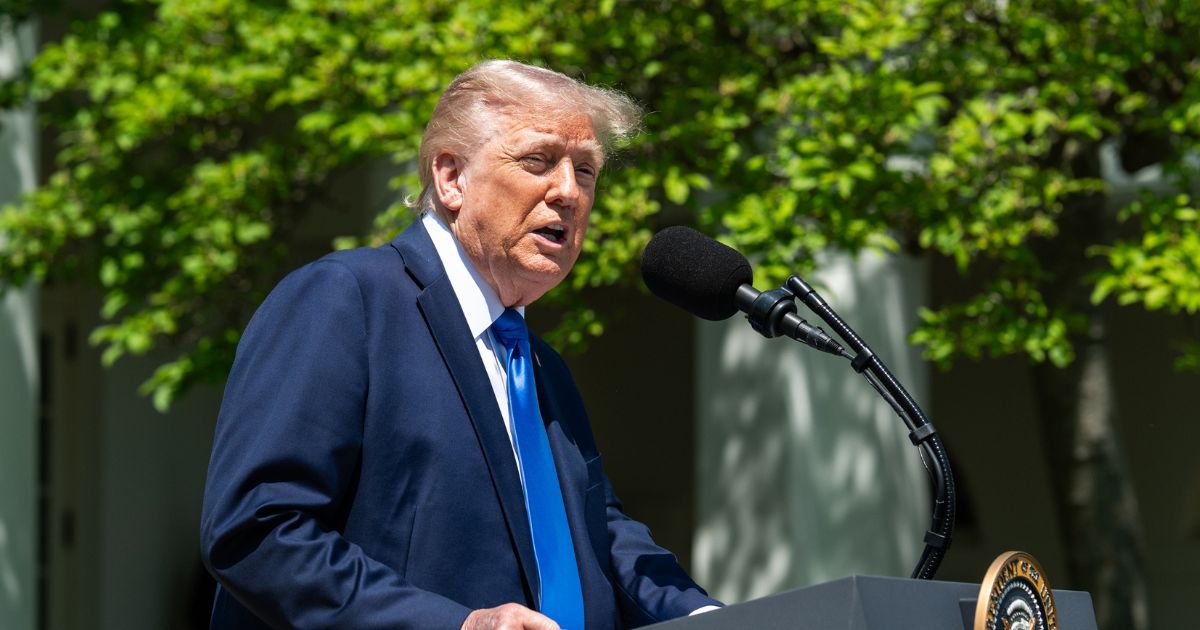
16 SACCOs, which have cumulative deposits of Ksh37 billion, risk losing their members and assets following the move by US President Donald Trump to end US Agency for International Development (USAID) programs.
In its 2024 annual report released in September 2025, the Sacco Societies Regulatory Authority (SASRA) noted that the membership of these SACCOs is drawn from donor or externally funded projects, institutions, or programs.
As a result, SASRA projected that members of the 16 SACCOs would begin to withdraw their membership from the credit unions. The SACCOs are reported to have 72,172 members.
Additionally, SASRA noted that the members would also begin demanding their deposits saved at the institutions, further affecting the financial operations of the SACCOs.
While the 16 SACCOs were not named, SASRA indicated that 2 were of Deposit Taking Sacco Societies, while 14 were Non-Withdrawable Deposit-Taking SACCOs.
"In total, therefore, a total of 72,172 members drawn from the 16-Regulated SACCOs are exposed to the effects of changes arising from the global geopolitical developments around the world, with total assets amounting to Ksh49.68 billion and deposits amounting to Ksh37.41 billion. The NWDT-SACCOs are noted to be more exposed to these adverse effects than their DT-SACCOs counterparts.
"These Regulated SACCOs, whose membership was principally or to a large extent drawn from donor or externally funded projects, institutions, or programs, have been individually identified and appropriate supervisory advisory issued for implementation in order to mitigate against these changes," read the report in part.
As a result, SASRA had advised the affected institutions to explore other business-driven strategic decisions such as mergers and consolidation with other Regulated SACCOs, as well as opening of common bonds in order to diversify their membership, customer base, and revenue sources.
In January, US President Donald Trump signed executive orders that put a 90-day pause on all US foreign aid programs globally.
The freeze was intended to allow the US government to assess the programs and ensure they align with the new administration's policies. Eventually, USAID was closed in July.
The move affected several key sectors in the Kenyan economy and social services. Major programs in health, education, good governance, and food security are among those affected.
In March, Treasury Cabinet Secretary John Mbadi disclosed in the Senate that USAID was expected to provide up to Ksh52 billion this financial year to support various local programs. The aid was being channeled through a range of agencies and development partners operating within the country.
Thousands of Kenyans also lost jobs given that they were contracted to work for programs funded by USAID.
Join 1.5M Kenyans using Money254 to find better loans, savings accounts, and money tips today.

Money 254 is a new platform focused on helping you make more out of the money you have. We've created a simple, fast and secure way to find and compare financial products that best match your needs. All of the information shown is from products available at established financial institutions that our team of experts has tirelessly collected.

